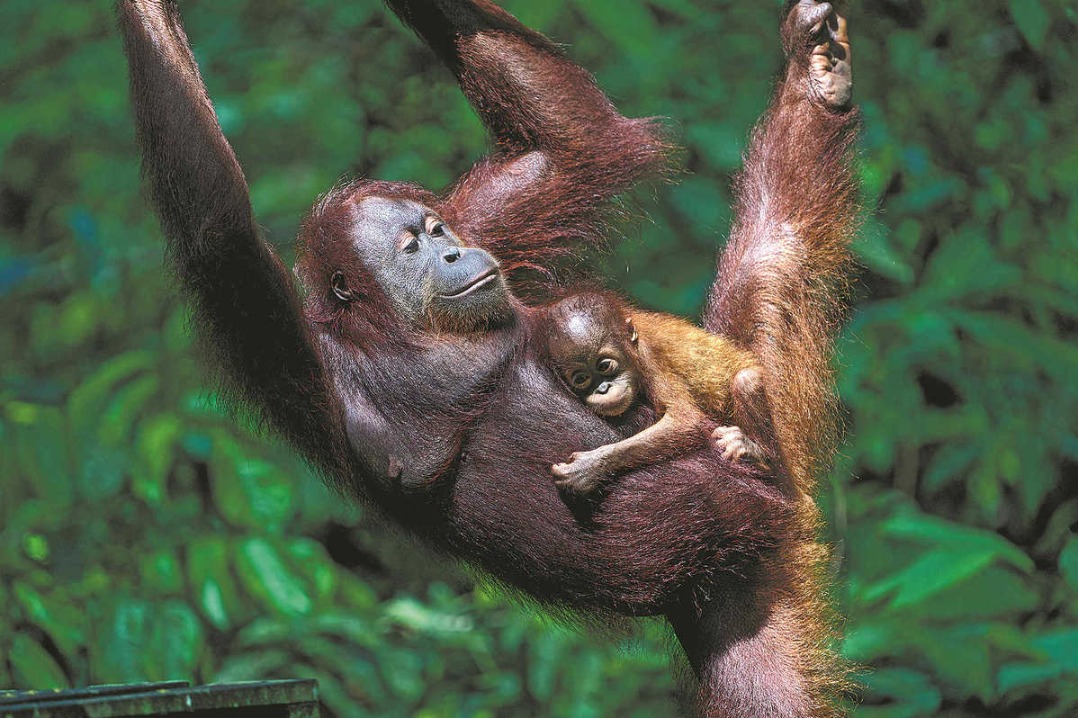Leading force of the Global South promotes exchanges

The concept of "Global South" generally refers to a grouping of developing countries that share a common set of challenges and objectives in contrast to the "Global North" which most developed countries belong to. In recent years, the Global South has witnessed rapid rise in the fast-evolving international landscape, which had been largely dominated by the West in the past. This rise of the Global South in the 21st century is primarily attributed to the increasing contribution of developing countries in promoting world peace and development as well as their great economic and social progress over the past decades.
With its growing prominence, Global South is now a hot topic among political and development analysts as well as scholars and academicians, with many deliberations focusing on issues such as the definition, role and governance of the grouping, the commonalities and differences of Global South countries, as well as the opportunities and challenges faced by the Global South as a rising force in global governance. While some have said that the concept of Global South might have understated the complex reality of global diversity, there is nonetheless general agreement that Global South countries have highly converging world views and values as well as common stance with regard to self-determination and global governance.
It is also widely recognized that the Global South plays a unique role in balancing the global governance structure and diversifying global governance mechanisms, and hence, it is a rising power that must not be ignored or underestimated.
On 28 June, 2024, President Xi Jinping remarked at the Conference Marking the 70th Anniversary of the Five Principles of Peaceful Coexistence that "Standing at a new historical starting point, the Global South should be more open and more inclusive, and join hands together to take the lead in building a community with a shared future for mankind." He further called on the Global South to be the staunch force for peace, the core driving force for open development, the construction team of global governance, and the advocates for exchange among civilizations.
Xi's remarks, made against the backdrop of a fast-evolving international landscape, clearly suggest that the role and contribution of an open and inclusive Global South in global governance will be increasingly critical.
In this regard, it is believed that China, being the second-largest economy in the world and the largest of all Global South countries, and the only developing country that is a permanent member of the United Nations Security Council, is the natural leader of the Global South.
China has unique advantages. For example, China and many Global South countries share similar views and values on many global and regional issues. China, as a member of the developing world and Global South, has always stood with other developing countries, firmly upholding their common interests and advocating for increased representation of developing nations in global affairs. In the past decade or so, China has issued a series of initiatives advocating for the rights and interests of the Global South, such as the Global Development Initiative, the Global Security Initiative and the Global Civilization Initiative. These initiatives enjoy wide support among developing countries. Furthermore, China's huge economic and social development achievements in the past decades, and for that matter, China's development path, have been a source of inspiration and a model of success for learning for many developing countries.
China has been a strong advocate for and a leading contributor to South-South Cooperation, a mechanism for promoting mutually beneficial exchanges among developing countries. The Belt and Road Initiative, initiated by China with the aim of providing developing countries with opportunities for win-win cooperation and for mutual and common prosperity, aligns closely with the principles of South-South Cooperation, and has greatly benefited the social and economic development of many participating countries.
Additionally, China's role in and contribution to many of the international and regional organizations and cooperation mechanisms such as the Group of 77 and China, BRICS, Forum on China-Africa Cooperation, Shanghai Cooperation Organization, to name just a few, all speak to China's leadership role in the Global South's endeavors to promote bilateral and multilateral cooperation globally and regionally.
Incidentally, to better support Global South cooperation, President Xi announced in the above-mentioned conference that China will establish a Global South research center and launch a Global South youth leaders program, providing 1,000 scholarships under the Five Principles of Peaceful Coexistence Scholarship of Excellence and 100,000 training opportunities to Global South countries in the coming five years.
All these highlight the great efforts by China to help integrate Global South countries into the community with a shared future for mankind. Evidently, as the Global South's rise in the world horizon continues, China is expected to continue to be a strong leading force of the Global South, defending the basic norms of international relations, upholding international fairness and justice, and promoting world peace and development.
The author is former country director of the United Nations Development Programme in Afghanistan and Indonesia.?The views do not necessarily reflect those of China Daily.

































